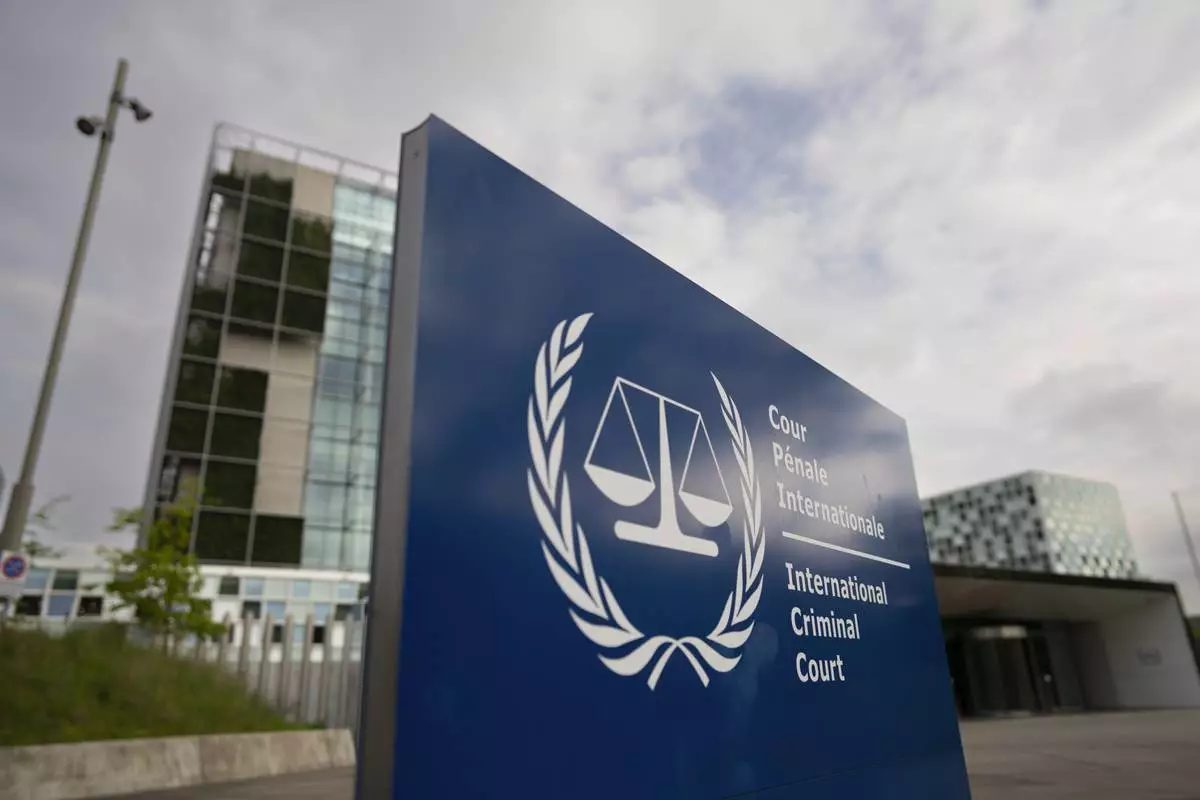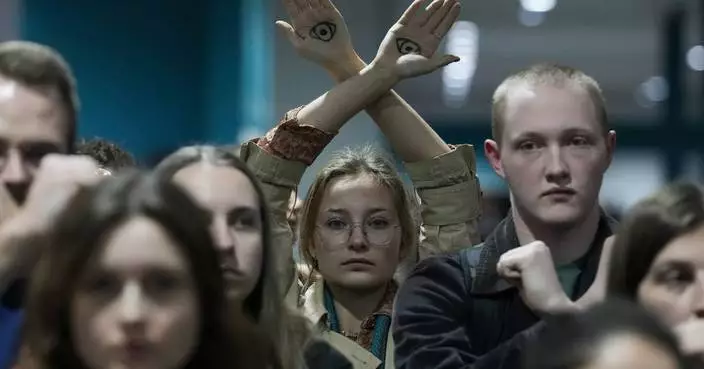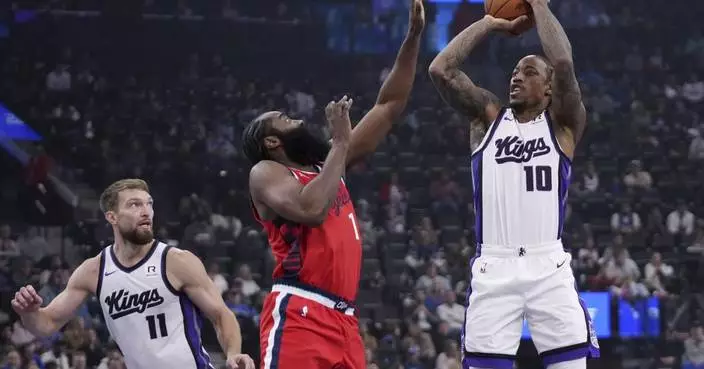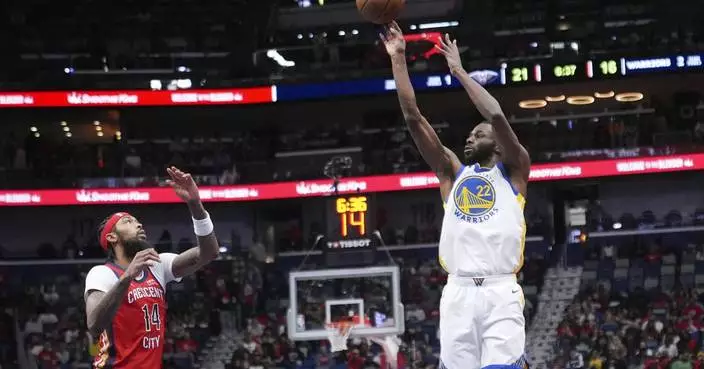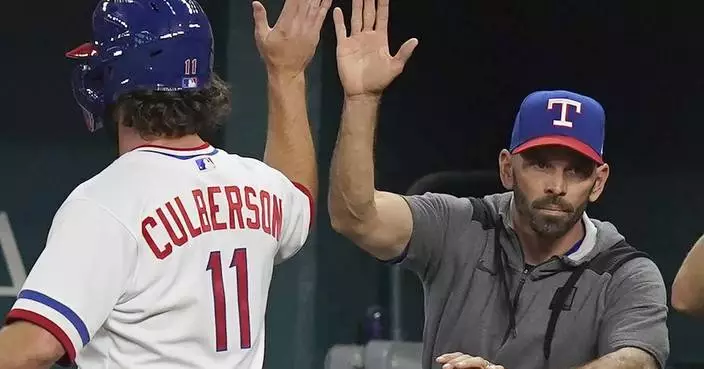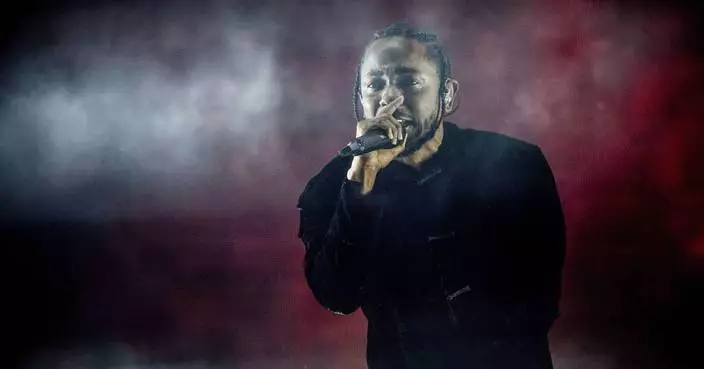NEW YORK (AP) — Outfielder Austin Hays and right-hander Kyle Finnegan — both former All-Stars — and second baseman Brendan Rodgers were among 62 players who became free agents Friday when their teams failed to offer 2025 contracts.
Right-hander Jordan Romano, left-hander Patrick Sandoval and outfielders Michael Tauchman and Ramón Laureano also were among the players cut loose, including 36 who would have been eligible for salary arbitration.
Washington cut right-hander Tanner Rainey, its last remaining player from the 2019 World Series champions.
More than 20 players agreed to contracts ahead of the deadline, including San Francisco outfielder Mike Yastrzemski ($9.25 million), Los Angeles Dodgers right-hander Tony Gonsolin ($5.4 million) and New York Yankees outfielder Trent Grisham ($5 million).
Hays, 29, was an All-Star in 2023 when he hit .275 with 16 homers and 67 RBIs for Baltimore. He was traded to the Phillies last July 26 and batted .256 with two homers and six RBIs in 22 games while dealing with a kidney infection.
The 33-year-old Finnegan was an All-Star this year for Washington and finished with 38 saves.
In addition, Kansas City acquired second baseman Jonathan India, the 2021 NL Rookie of the Year, in a trade with Cincinnati to play alongside star shortstop Bobby Witt Jr. The Royals also acquired outfielder Joey Wiemer while sending right-hander Brady Singer to Cincinnati.
Pittsburgh acquired reliever Peter Strzelecki from the Cleveland for cash.
The deadline marked the last time a team could drop an arbitration-eligible player without committing to at least 30 days of termination pay if the player is released. The flurry of cuts and contracts left 169 players eligible to exchange proposed arbitration salaries with their teams on Jan. 9.
Others reaching one-year deals were Baltimore third baseman Emmanuel Rivera ($1 million); Cleveland right-hander Ben Lively ($2.25 million) and left-hander Sam Hentges ($1,337,500); Detroit second baseman Zach McKinstry ($1.65 million) and third baseman Andy Ibáñez ($1.4 million); Minnesota right-hander Michael Tonkin ($1 million); Yankees right-hander JT Brubaker ($1.82 million); Texas right-handers Dane Dunning ($2.66 million) and Josh Sborz ($1.1 million); Toronto right-hander Erik Swanson ($3 million); Chicago Cubs right-handers Julian Merryweather ($1,225,000) and Keegan Thompson ($850,000); Cincinnati infielder Santiago Espinal ($2.4 million); Colorado outfielder Sam Hilliard ($1 million); Milwaukee catcher Eric Haase ($1.35 million); New York Mets right-hander Sean Reid-Foley ($800,000 in majors, $386,375 in minors); Philadelphia right-hander José Ruiz ($1,255,000) and catcher Garrett Stubbs ($925,000 in majors, $450,000 in minors); and San Francisco right-hander Austin Warren ($785,000 in majors, $350,000 in minors)
Grisham can earn $250,000 in performance bonuses for plate appearances: $50,000 each for 350 and each additional 50 through 550.
Ruiz can earn $45,000 in performance bonuses for games: $20,000 for 30 and $25,000 for 40.
Among players reaching one-year deals on Thursday were Dodgers right-hander Dustin May ($2,135,000), Cubs catcher Matt Thaiss ($1 million in majors, $400,000 in minors), Colorado left-hander Lucas Gilbreath ($785,000) and Washington right-hander Mason Thompson ($770,000 in majors, $374,600 in minors).
San Diego infielder/outfielder Tyler Wade agreed to a $900,000, one-year contract that includes an $850,000 salary this year and a $1 million team option for 2026 with a $50,000 buyout. Wade can earn $150,000 in performance bonuses each year for plate appearances: $25,000 each for 100 and 150, and $50,000 apiece for 200 and 250.
In addition, the Mets agreed to minor league contracts with first baseman Joey Meneses and catcher Jakson Reetz.
AP MLB: https://apnews.com/hub/MLB

FILE - Colorado Rockies' Brendan Rodgers follows the flight of his RBI single in the eighth inning of a baseball game against the Arizona Diamondbacks, Sept. 17, 2024, in Denver. (AP Photo/David Zalubowski, File)

FILE - Washington Nationals relief pitcher Kyle Finnegan delivers during a baseball game against the Miami Marlins, Sept. 14, 2024, in Washington. (AP Photo/Nick Wass, File)

FILE - Philadelphia Phillies' Austin Hays takes an at-bat during a baseball game against the Chicago Cubs, Sept. 24, 2024, in Philadelphia. (AP Photo/Matt Slocum, File)



